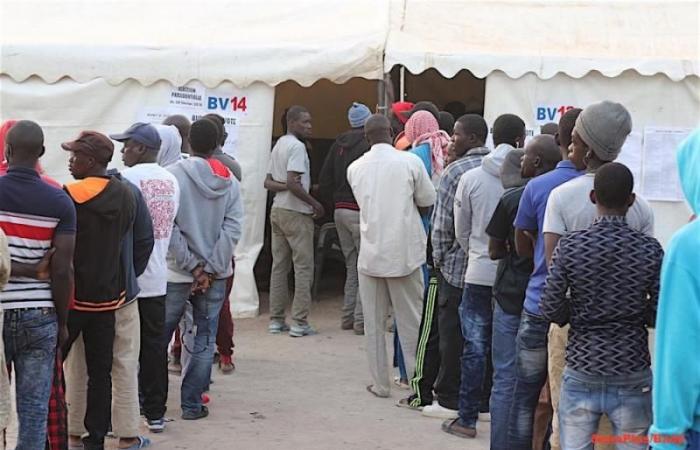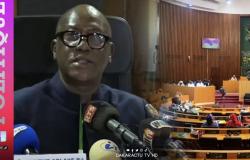(SenePlus) – Victory calls for victory in Senegal, at least when it comes to post-presidential legislative elections. An analysis by Jeune Afrique (JA) reveals why Ousmane Sonko’s party can calmly approach the November 17 election.
The Senegalese electoral history of the last 25 years is clear. As JA recalls, “never has a party brought to power during a presidential election seen its star fade during the legislative elections that followed.”
The figures are edifying. In 2012, Macky Sall and his Benno Bokk Yakaar coalition won 119 seats out of 150 in the National Assembly. Earlier, in 2001, Abdoulaye Wade and his Sopi Coalition won 89 seats out of 120, or nearly 75% of the hemicycle.
An opposition in tatters
The current context seems even more favorable for Pastef. According to Jeune Afrique, the opposition presents itself in a state of great fragility: “reconfigured”, “fragmented” and “literally asphyxiated”. The presidential election figures speak for themselves: 17 candidates out of 19 only received 9.93% of the votes.
The former presidential camp itself is in the process of being reorganized. The pan-African media outlet notes that “Macky Sall’s party exchanged at the last minute, two and a half months before the election, its lasting alliance with the parties of the Senegalese left for a new one with its former liberal ‘brothers’.”
Post-victory challenges
Despite these favorable conditions, clouds are on the horizon. The magazine underlines that Pastef’s voters are “frustrated at not having yet seen the mythical ‘Project’ brandished by the patriotic tandem – today in the form of ‘Vision 2050’ – translated into action.”
Even more worrying, Ousmane Sonko’s style of governance, “willingly provocative and even bellicose” according to the analysis, could erode his popularity as a former opponent.
L’horizon 2027
The real test for Pastef could come in early 2027, with local elections which “will mark the first real sanction of patriotic governance”, according to Jeune Afrique. Until then, a victory in the legislative elections, which could go as far as “the qualified majority of 3/5ths” allowing the Constitution to be modified without a referendum, seems within reach.
The only precedent that could temper this optimism: in July 2022, Macky Sall almost experienced unprecedented cohabitation, moving within “two seats” of a political situation never seen in the history of the country.






